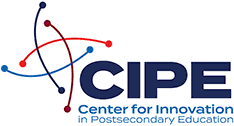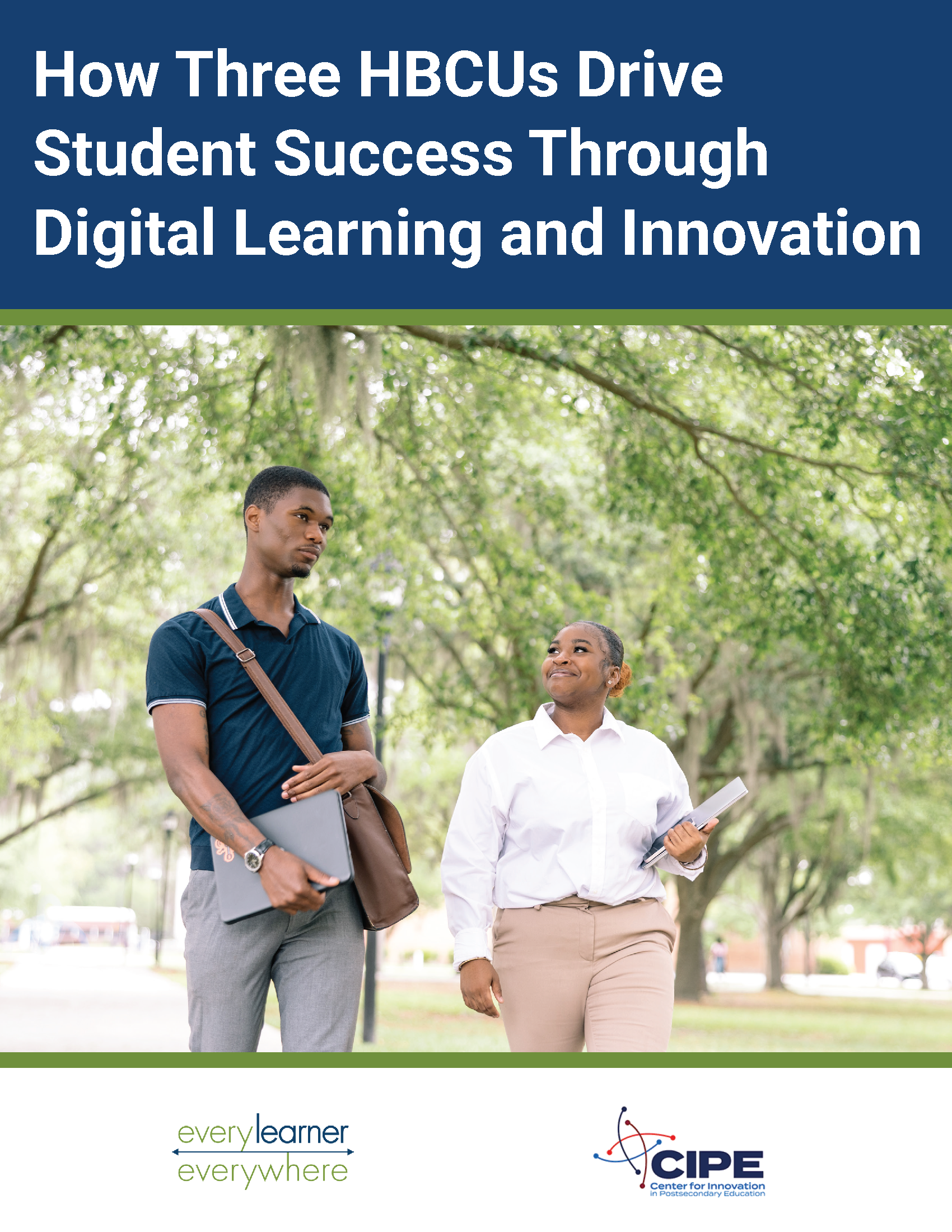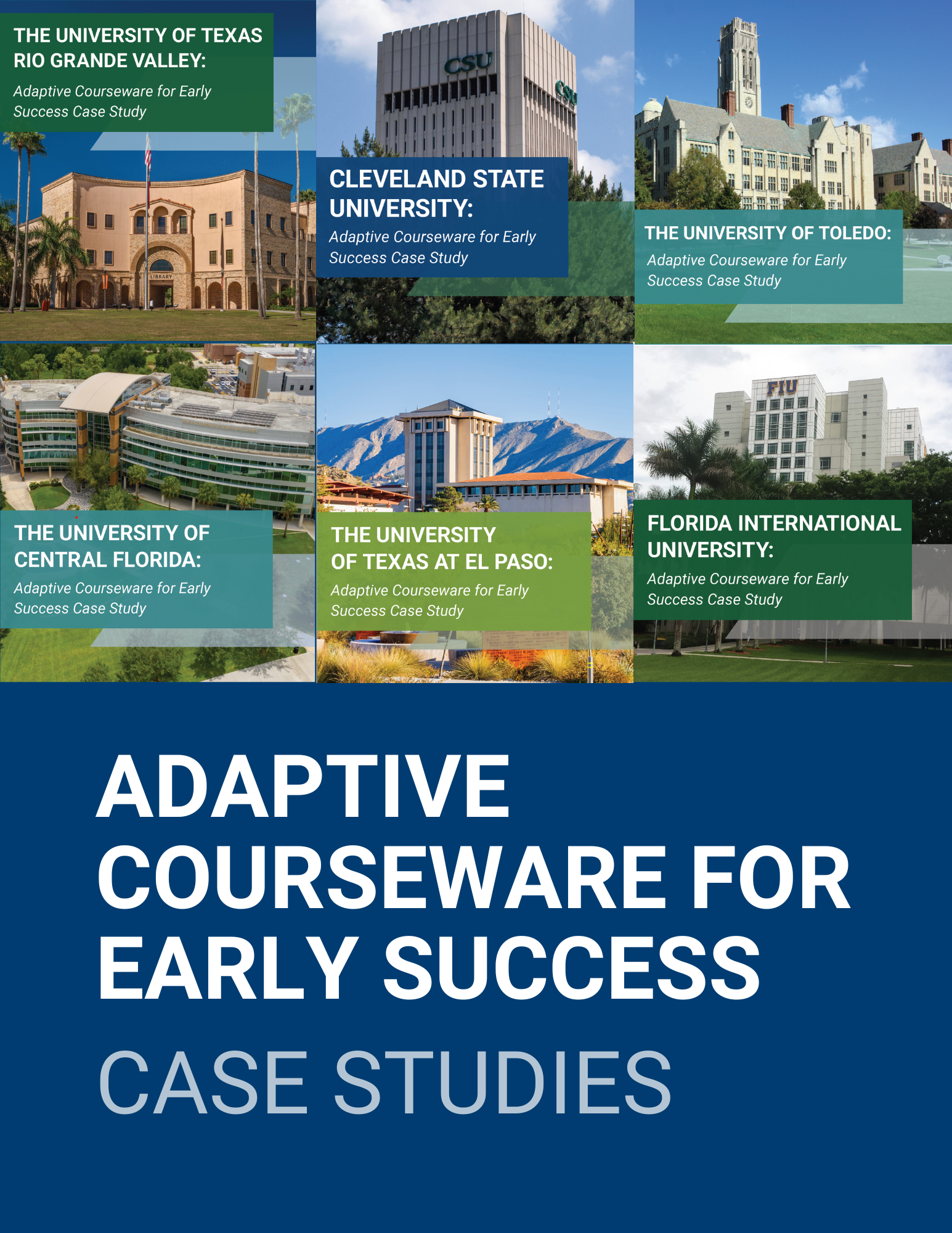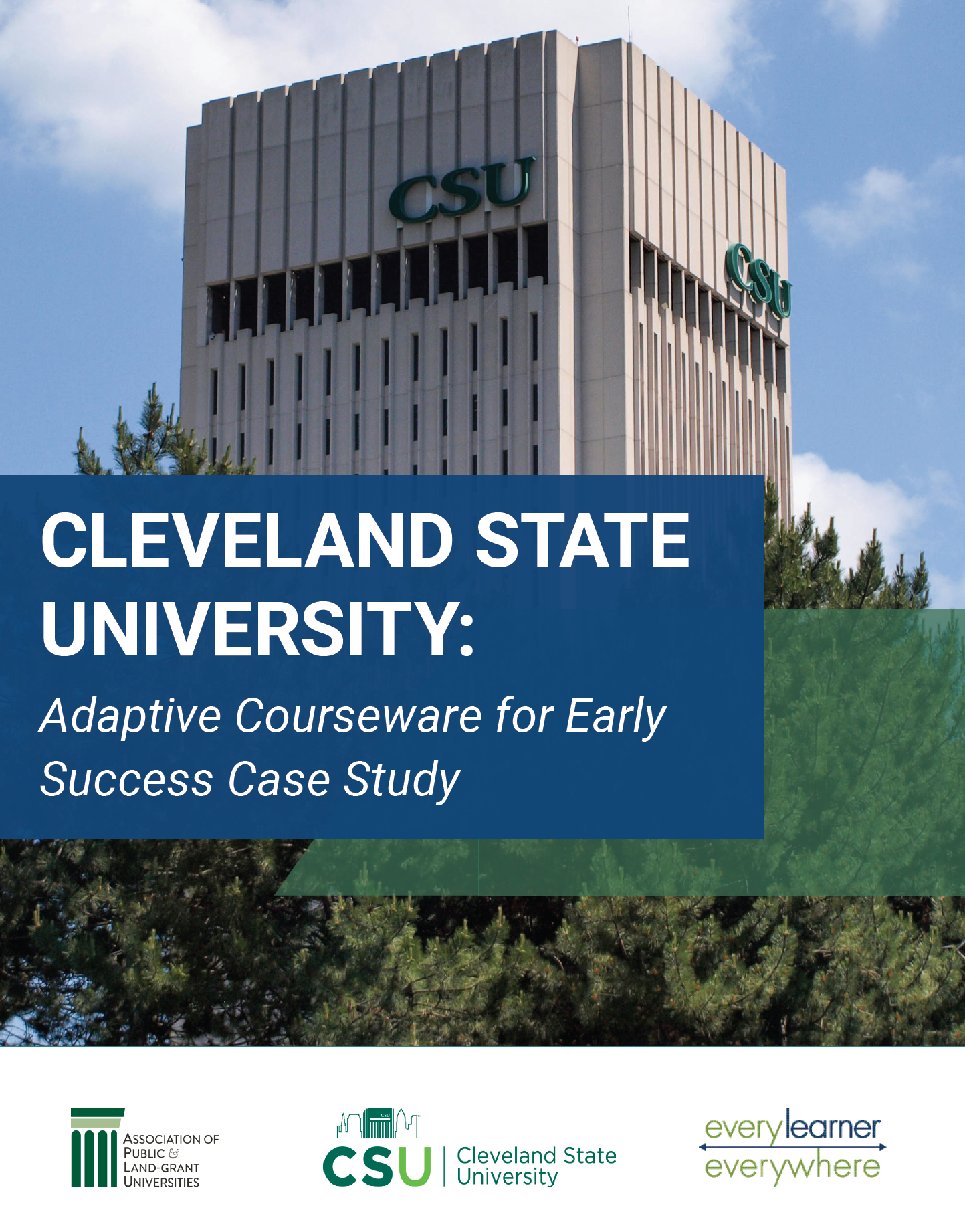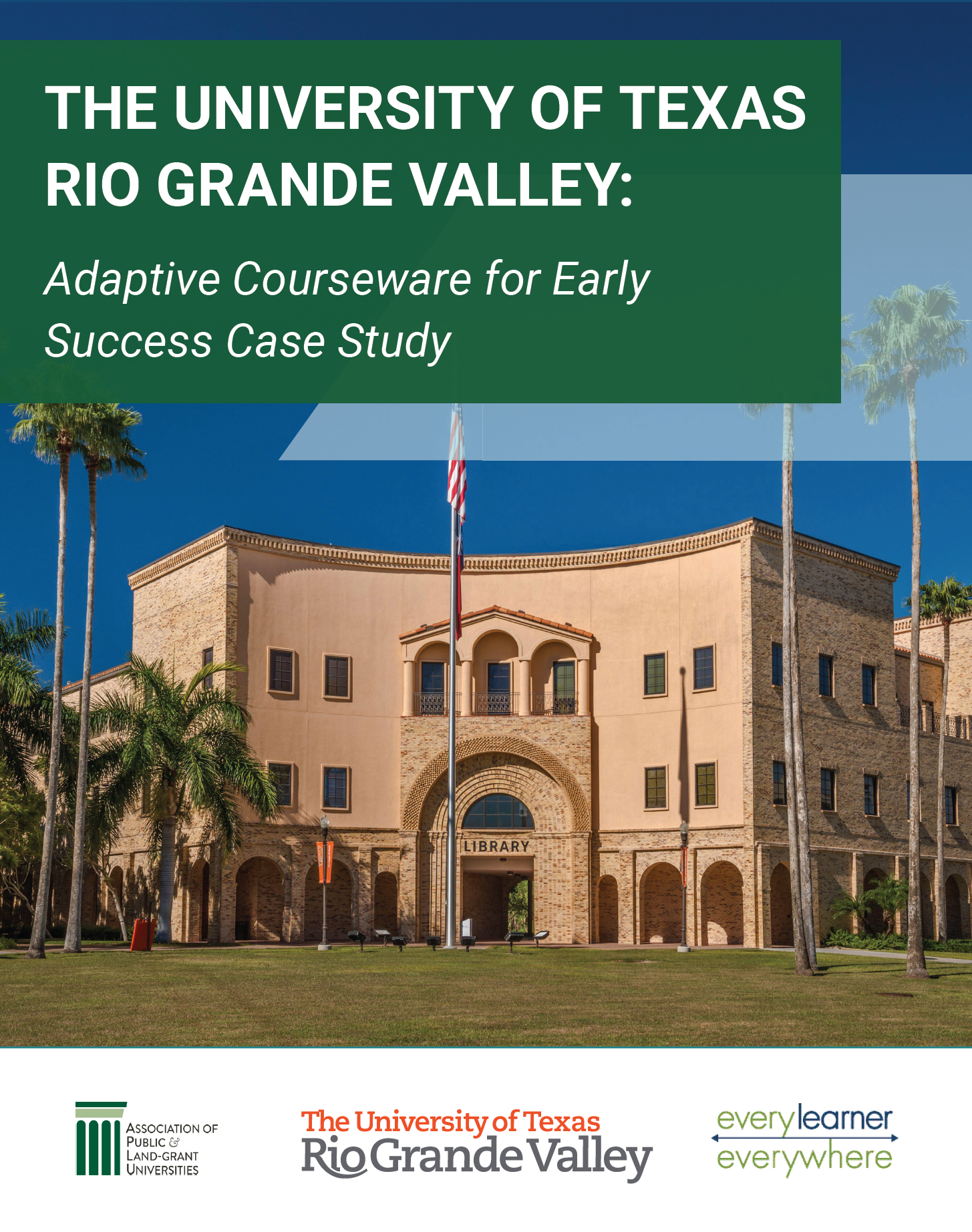This case study provides insights into how three HBCUs—Claflin University, Fayetteville State University, and Morehouse College—have paved the way for student success in digital learning through innovative progress and institutional commitment to effective practices. Further, it illustrates the possibilities for institutions to center their digital learning strategies around student success, structural support, and broadening educational opportunities. Leadership at each institution signals a transformative change in digital learning efforts that fosters long-term sustainability.
These findings highlight three critical factors of success:
- Sustained advancements in digital learning technologies and practices over the past ten years have led to enhanced engagement and access.
- The consistent application of student-centered strategies and inclusive targeted support systems have improved learning outcomes for all students.
- Strong leadership at each institution played a pivotal role in driving digital learning initiatives and fostering innovation and continuous improvement.
This case study can serve as a valuable resource for institutions, policymakers, and stakeholders that aim to improve their digital learning strategies and student success initiatives for student populations by offering scalable strategies. As innovative digital learning opportunities continue to expand and evolve on college campuses, the experiences of Claflin, Fayetteville State, and Morehouse College serve as a model to guide broader efforts to reshape and ensure universal access, effective support systems, and pathways to success for all students.
Download How Three HBCUs Drive Student Success

